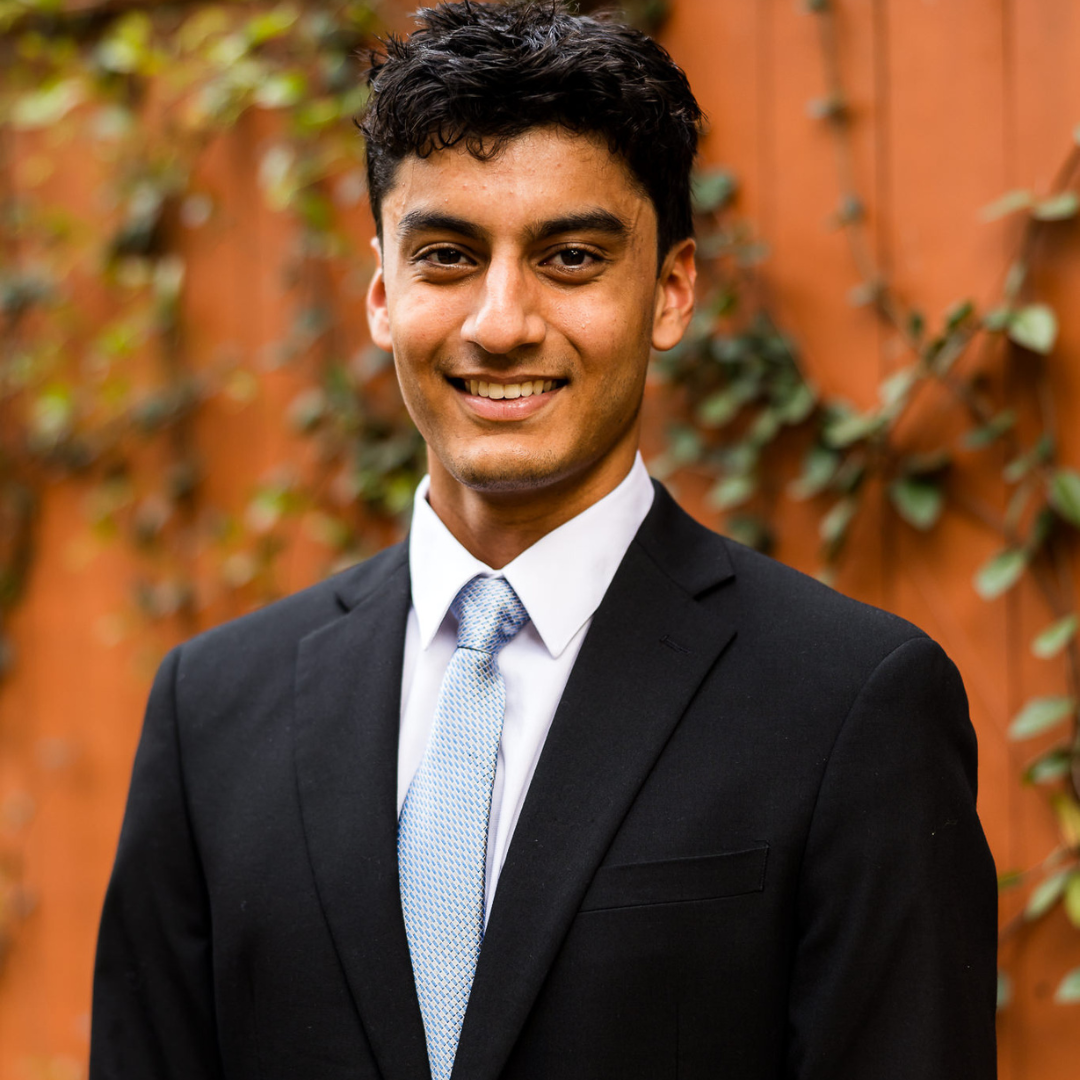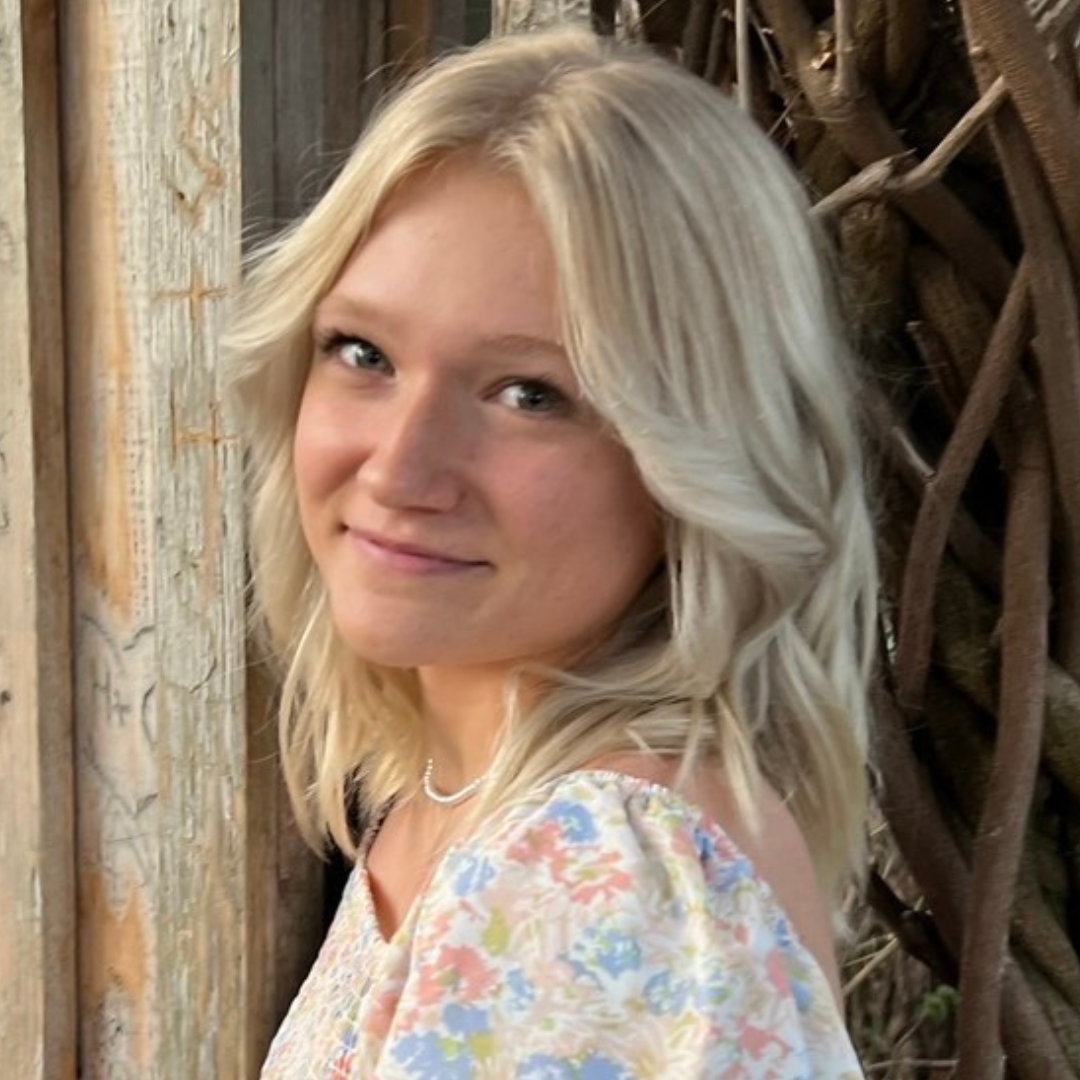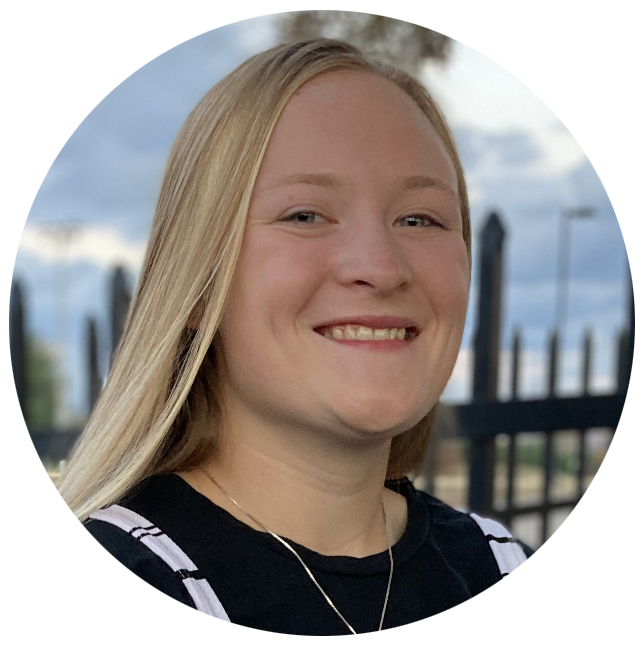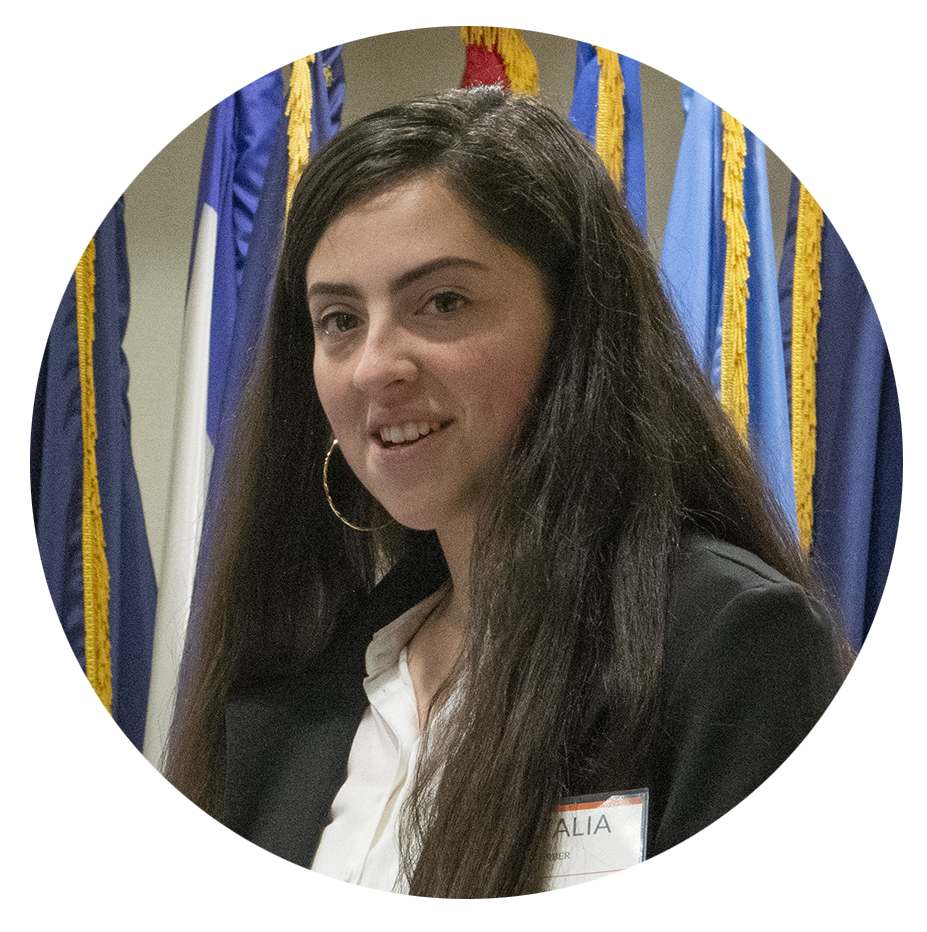Scholarship Contest
The annual Religious Liberty Scholarship Contest engages high school students in church-state issues by directing them to express a point of view on a religious liberty topic.
We are pleased to announce our winners for the 2024 Religious Liberty Scholarship Contest! Scroll down to meet our winners, and see links to the winning videos.
There will not be a contest in 2025, but return to this page in the future for updates!
2024 Winners

Grand prize winner:
Omar Reyes
Houston, Texas
Essay title: “The Danger of Christian Nationalism: How Book Bans Threaten Religious Freedom for All”
Read an excerpt from the winning essay
“As a proud Muslim American, I cherish the freedom to practice my faith openly and without government interference. It’s a right enshrined in the First Amendment and a cornerstone of our nation’s commitment to religious pluralism,” he wrote, noting that faith freedom is under threat from Christian nationalism. “Proponents of book bans often cloak their arguments in the language of religious freedom, claiming that exposure to ‘offensive’ or ‘immoral’ content violates their right to practice their faith. However, this rhetoric distorts the true meaning of religious liberty, which guarantees the right of conscience for people of all faiths and none.”

2nd prize:
Shreya Nallamothu
Normal, Illinois
Essay title: “Reading Between the Lines: Book Bans and Christian Nationalism”
Read an excerpt from the 2nd prize essay
In her essay, she shared two main reasons she saw people who embrace Christian nationalism engaging in efforts to ban books: to impose their religious beliefs on others and to turn our government into a religious government. She shared some of the country’s history of religious censorship in the name of morality, noting that those who embrace Christian nationalism use book bans “to criminalize content and, by extension, to criminalize people.” She said one way to support banned books is to read them. “By seeking and celebrating banned books, readers can stop the erasure of marginalized people. Moreover, exposure to diverse viewpoints fosters empathy and breaks down the fear that Christian nationalists capitalize on when censoring texts.”

“We have seen what happened to the Snoqualmie Tribe [a sovereign tribal nation whose sacred places have been desecrated by industrial development] and how an ignorance of cherished religious rights has infringed on their spiritual liberties. … If we are to uphold America’s value for personal religion, we cannot allow an entire nation’s sacred places to be plowed over.”
Madilynn Hickman / 2023 Grand Prize

“Religion is important for people both in life and in death, so giving prisoners the peace they need at the end of their life is a basic freedom that I believe the Founding Fathers would have understood. … The United States has worked hard to ensure our rights are protected. If our nation has fought and died for us to live with our rights, why should we not let prisoners die with their rights as well?”
Bethany Crist / 2022 Grand Prize













